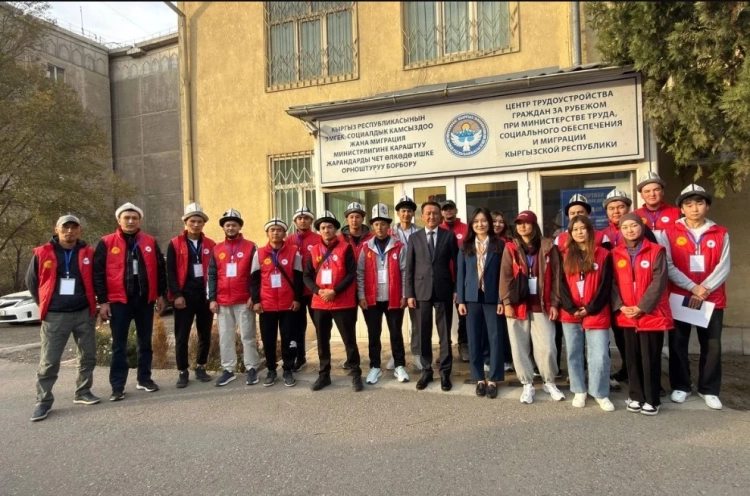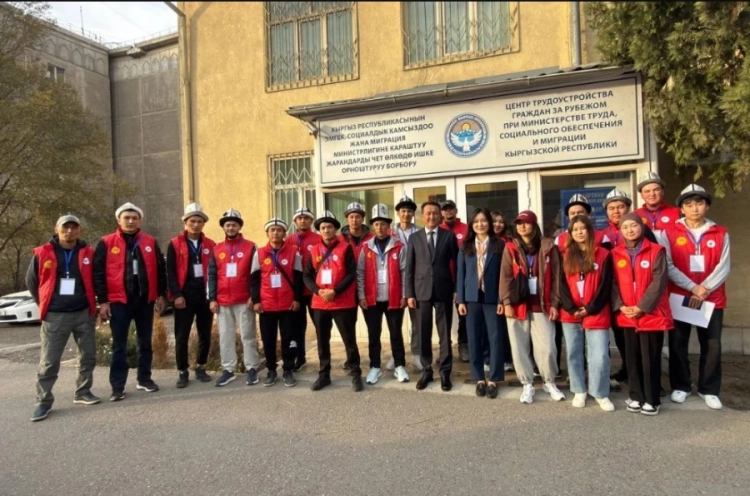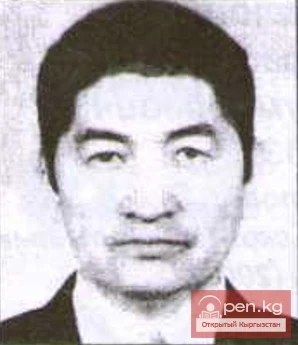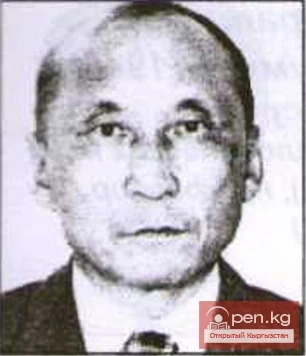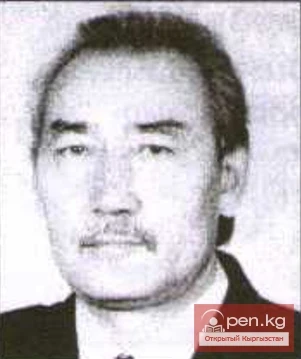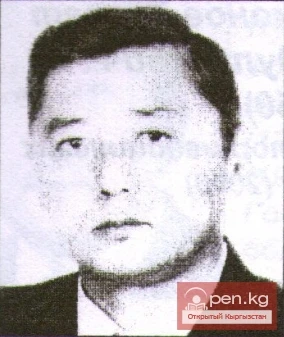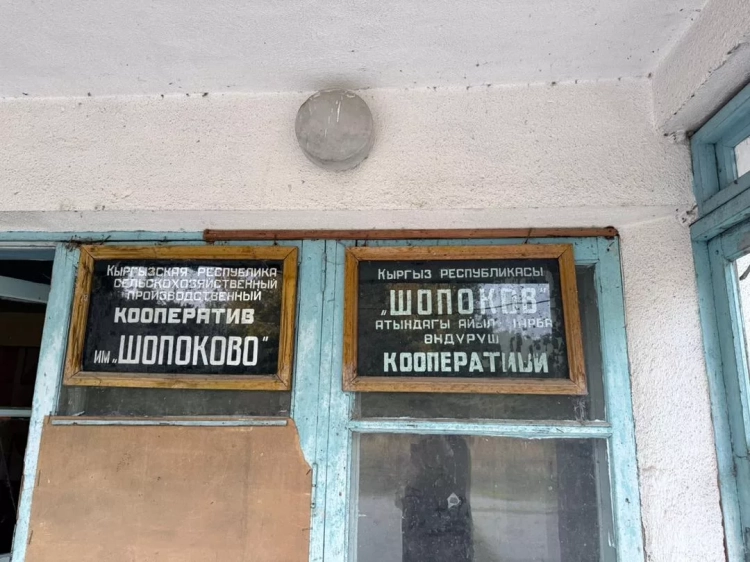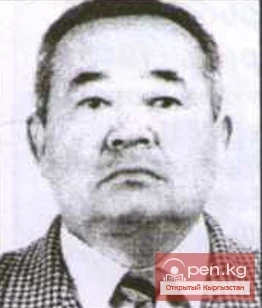Currently, more than 1,500 citizens of Kyrgyzstan are working in South Korea under the EPS program.
On October 21, a pre-departure training was held in Bishkek for a group of 20 Kyrgyz citizens who are going to work in South Korea under the Employment Permit System (EPS).
The event was organized by the Center for Employment of Citizens Abroad, which operates under the Ministry of Labor, Social Security, and Migration of Kyrgyzstan.
During the training, the center organized a five-day training course for participants who received contracts, focusing on learning the Korean language and its practical use in the workplace.
The course includes several key areas:
- Intercultural understanding and adaptation — introduction to Korean culture, history, and traditions;
- Social norms and work ethics — rules of communication and behavior in the workplace;
- In-depth study of the Korean language — development of conversational skills for successful integration;
- Practical training — adaptation to the production environment and interaction with management.
The Center for Employment Abroad has been implementing the EPS program for 18 years. Thanks to bilateral cooperation with the Ministry of Labor of the Republic of Korea, more than 5,000 citizens of Kyrgyzstan have found jobs under this memorandum.
Currently, over 1,500 Kyrgyz citizens are working in South Korea under the EPS program, the majority of whom hold positions in the manufacturing industry, including food, chemical, paper, and in factories producing plastic, rubber, and glass products.
The average income of Kyrgyz workers in Korea is approximately 1,500 US dollars, while housing and food costs (partially or fully) are covered by the employer.
The main requirement for participation in the program is a sufficient level of knowledge of the Korean language, which indicates the candidate's readiness for labor and cultural adaptation.
The Center for Employment of Citizens Abroad continues its work to expand opportunities for legal migration of Kyrgyz citizens and enhance their competitiveness in the international labor market.
Photo by the Ministry of Labor
